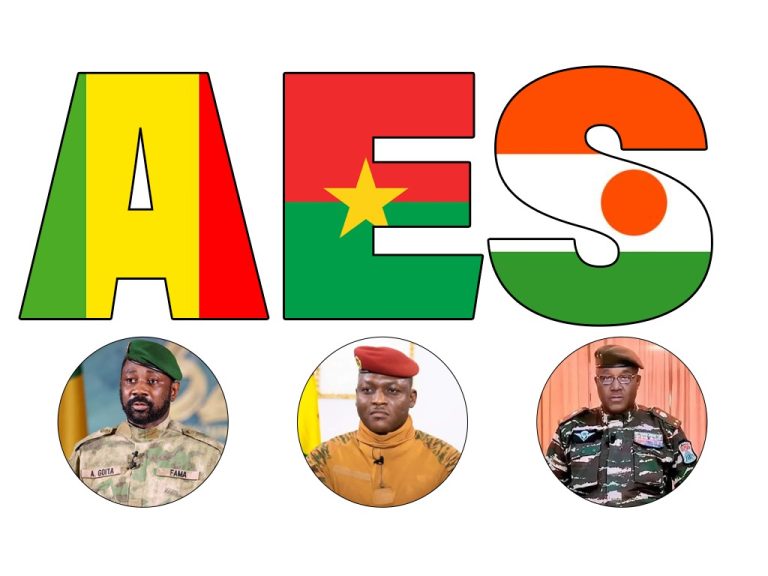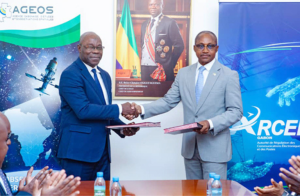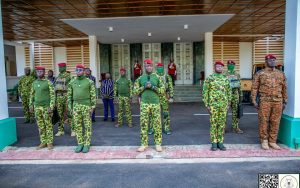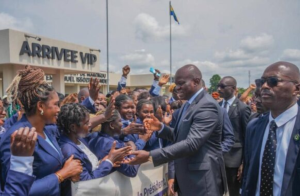The Sahel States Confederation (AES) takes bold step toward economic sovereignty with new Confederation Levy (PC-AES)

In a decisive move to assert financial independence, the Alliance of Sahel States—Burkina Faso, Mali, and Niger—has introduced the Confederation Levy (PC-AES), a strategic tariff on select imports. This landmark policy marks a turning point in the region’s quest for self-reliance, reducing dependence on foreign aid and unlocking new funding for critical development projects.
A New Economic Vision for the Sahel
More than just a fiscal measure, the PC-AES is a powerful statement of sovereignty.
By pooling resources through this levy, the AES aims to finance its own defense, infrastructure, and industrialization programs—key pillars for long-term stability and growth.
This initiative reflects a fundamental shift: The Sahel is charting its own course, free from external dictates.
Breaking free from financial dependence
The introduction of this levy underscores a broader political transformation. The AES nations are no longer content with reliance on foreign donors; instead, they are building a self-sustaining economic framework.
This bold move not only strengthens regional unity but also challenges the traditional aid-based model that has long shaped Africa’s development landscape.
A Blueprint for African autonomy?
If successful, the PC-AES could inspire other African nations seeking greater financial sovereignty. The AES is proving that regional cooperation, backed by decisive leadership, can create viable alternatives to external financing.
By taking control of their economic future, Burkina Faso, Mali, and Niger are setting a precedent for a more independent and resilient Africa.
With the implementation of the PC-AES, the Sahel is writing a new chapter—one defined by unity, innovation, and an unshakable commitment to self-determination. This is more than a policy; it’s a declaration that the AES is ready to shape its own destiny.
Titi KEITA











